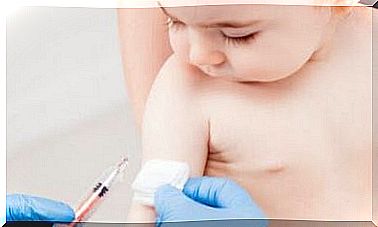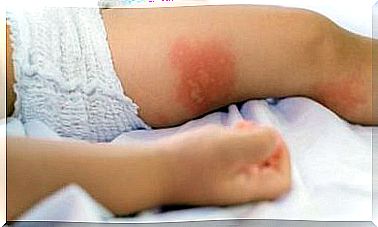At What Age Are The Teeth Growing Out?
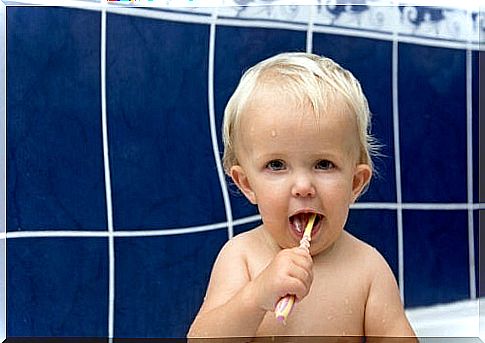
Many parents wonder at what age their children’s teeth grow. The truth is that the tooth eruption has its own rhythm and order. That is, it varies from one person to another. However, there are approximate ages to estimate when this will happen, reflecting what happens to most children.
Paying attention to these important events in your baby’s mouth is important to ensure its health. By knowing what you have in front of you, you can take care of new teeth much better.
At what age are the teeth growing out?
Baby teeth begin to erupt between 6 and 8 months after birth. In some cases, it may start sooner or later because, as we have already said, it depends on each child’s growth rate.
In general, the first teeth that appear are the lower central teeth, then the upper and lateral teeth in both mouth halves.
When the little ones have the first eight teeth in their mouths, it usually calms down for between 4 and 6 months. At the end of this period, molars and fangs begin to erupt.
This phenomenon occurs at around 12 to 18 months of age and the first to appear is the first molar (upper and lower). The second molar on both sides usually appears around the age of two, and the fangs appear between 15 and 24 months.
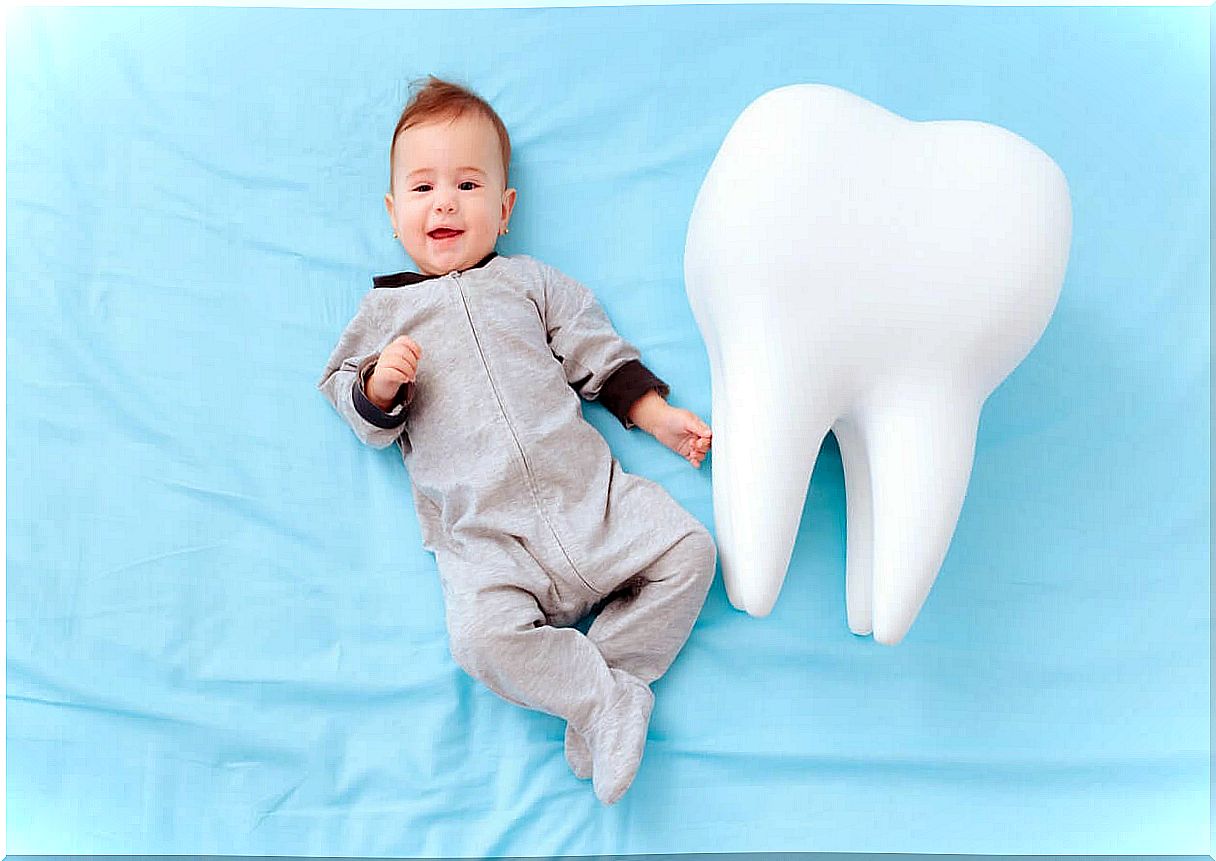
At what age do permanent cheek teeth come out?
Milk teeth remain in the baby’s mouth until they turn 5 or 6. At this point, tooth replacement begins and they are replaced with their permanent alternatives.
The order of compensation usually maintains the same pattern as how the baby teeth are: It starts with the front teeth and continues with the rest of the cheek teeth. In this way, the baby’s cheek teeth fall out at about 10 to 12 years of age and are replaced by the first and second permanent cheek teeth.
But the eruption of the permanent cheek teeth does not require the temporary ones to fall out, as they are behind the last baby teeth. This occurs at about 6 years of age (for the first molar) and at 12 years of age (for the second).
The last teeth that appear are wisdom teeth. Their outbreak occurs between the ages of 18 and 21, although in many people it never occurs.
The significance of the first permanent molar
The first permanent cheek tooth is one of the most important tooth elements in the mouth, as its correct development promotes adequate occlusion. When the upper teeth are properly related to the lower teeth, the mouth can perform its functions correctly.
Many times the eruption of this tooth goes unnoticed, as there is generally no discomfort when it occurs in infants. And by not requiring any teeth to fall out, the process seems hidden.
Because of this and its placement at the bottom of the dental arch, the first molar does not receive the attention it deserves, and it is quite common for its hygiene to be inadequate. Consequently , caries occurs very often, and this promotes an early deterioration of a dental health that will follow the child for life.
Take care of your baby’s teeth
The task of the cheek teeth is to crush and grind down food. For this reason, they have a varying size and an uneven surface, with cracks, tips and wrinkles.
The anatomical features of these teeth and their placement make their hygiene much more difficult than with the rest of the teeth. Consequently, bacterial plaques accumulate, predisposing them to tooth decay.
Toothbrushing is a very effective way to prevent this oral health problem. It should be done from when the first tooth elements appear, with a soft brush and fluorinated toothpaste in appropriate amounts. In addition, it must be supplemented with dental floss, at least once a day.
Adults should brush their children until they can do well themselves, which happens about 6 to 8 years. Then they should continue to monitor this work.
Taking care of the diet is also a very important point for the baby’s oral health. Limiting the consumption of sugar and ultra-processed foods has a positive effect on the oral cavity.
Finally, visits to the pediatric dentist are just as important and should begin during the first year of life. With them, parents receive advice on the care of the child’s mouth, depending on their age and their special needs. In addition, they can catch some problems early and treat them before they become too complicated.
To take care of permanent cheek teeth, the dentist can use sealants for pits and cracks or current fluoride treatments. All of these are preventative measures, which improve the natural properties of these elements and reduce the risk of caries.
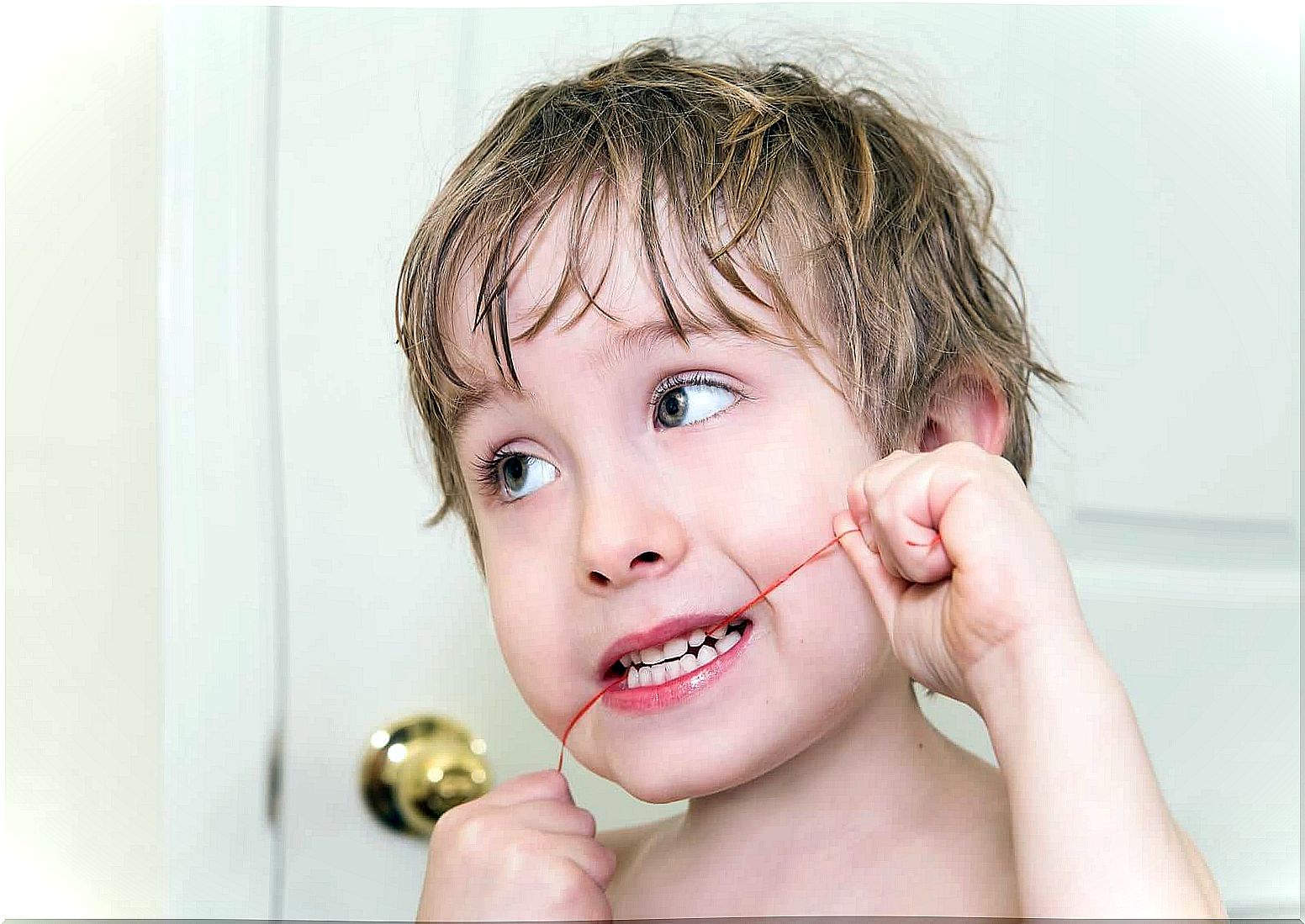
It is important to keep track of the age at which the teeth grow
Knowing the estimated time for the appearance of the teeth allows families to prepare to offer appropriate care. Having healthy teeth helps children’s mouths to develop smoothly.
With a responsible escort, you ensure that your little ones get a beautiful and healthy smile.
